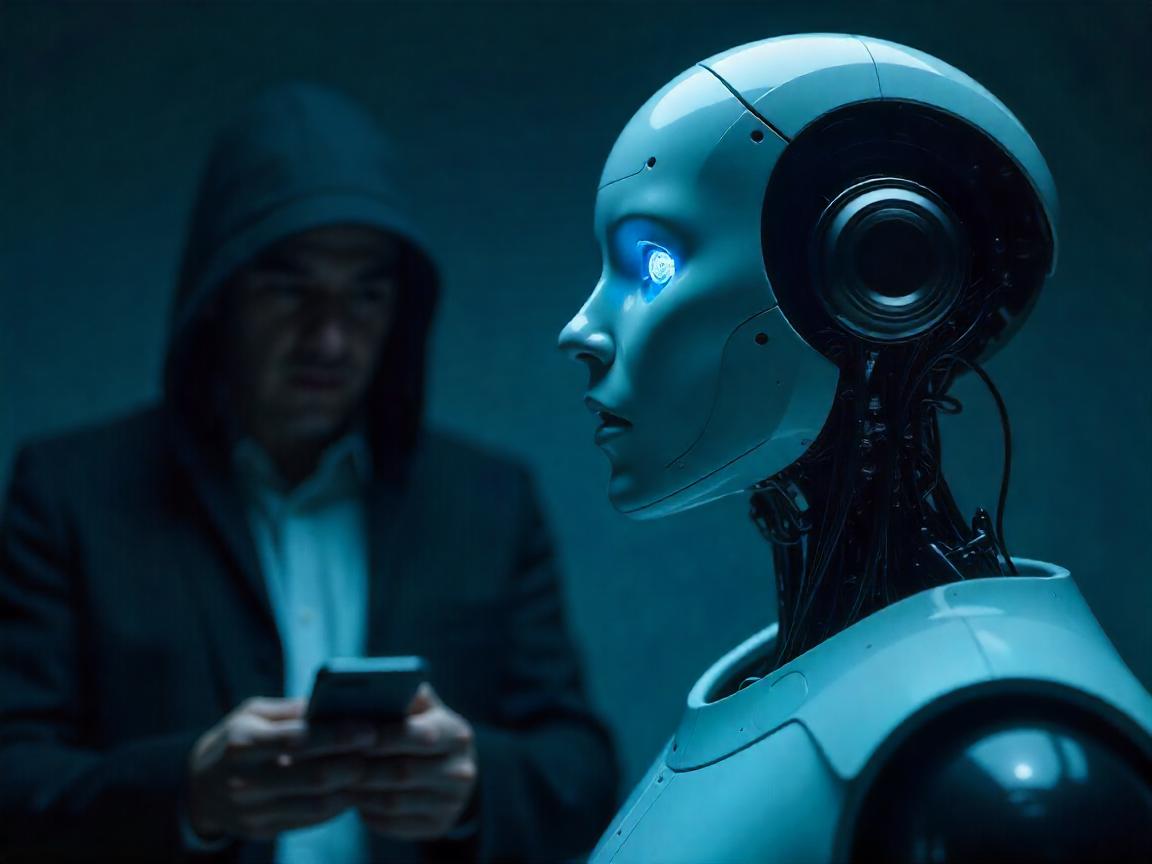
The Rise of Hyper-Realistic AI Voices
You say to your Smart speaker, something like give me weather and it responds to you like a real person with a tone that almost makes you think there was someone on the other end listening. The quality of AI-generated speech has advanced to the level where digital assistants such as Alexa, Siri, and ChatGPT will be able to sound like humans in terms of inflection, emotions, as well as slight flaws such as breathe sounds and hesitations. However when they resemble humans more, then they are more disturbing. This voice-related component is what is called the uncanny valley of voice, which is why many people tend to find an outright synthetic voice more preferable to a voice that is not quite human but nearly so.
A 2024 Pew Research center survey report revealed that 62 percent of users prefer robotic voices as assistants, as they are afraid of being deceived by fake-sounding AI. Ethical Discussions the Duplex demo of Google, in which an AI using near-perfect human voice made a call to a salon, raised the question of whether it would be useful or exploitative. With tech behemoths promoting hyper-realism, the question has to be put: should artificial intelligence voices remain in the uncanny valley?
The Science Behind Why Almost-Human Voices Unsettle Us
The uncanny valley is more than face value jobs, it is also audio. Stanford neuroscientists discovered that when we hear nearly realistic, yet imperfect, synthetic voices our brains invoke a discomfort process. Fear center brain known as the amygdala is illuminated when listeners recognize something amiss in the speech of AI by fMRI.
Consider the new ChatGPT voices of OpenAI, they sigh, laugh, stumble, even, as humans. Although it is an impressive technology, a lot of users say that a certain instinctive feeling of unease is present. One of the Reddit users even complained, saying, it is like speaking to a ghost. This is not an irrational reaction it is an evolutionary one. We are built to sense untruthfulness and when some machine crosses that boundary between the unreal and reality we get that subconscious red light in the brain signaling us.
Tech’s Push for Perfect AI Voices—And the Growing Backlash
Apple is singled out among the few companies that have been in support of accessibility with the Personal Voice feature which clones the voice of users so as to be able to use them in an accessible manner. However, ALS patients have hailed this, but it has also been condemned on misuse intentions. In the meantime, Conversational Alexa by Amazon has extended the sound range with cheerful, sympathetic and even snarky sounds to ease further communication. Not everybody is buying it though.
This is what Microsoft found out. In 2023 they launched creepy human-sounding customer service artificial intelligence, only to reverse course when customers complained of it being creepy. Dr. Kate Darling, an ethicist working on robotics at MIT believes that hyperbolic robot voices could be used to enhance trust through establising boundaries. According to her, people do not want to be deceived with AI. They do not even want it to serve them–transparently.
The Dark Side: Voice Cloning Scams and Ethical Risks
The emergence of near-photo-realistic AI voicing is not only discomforting; it is bad. According to FTC, voice-cloning scams increased threefold in 2024, with fraudsters disguising as loved ones to blackmail them into giving their money. There was also one of the heartbreaking cases when a grandmother was tricked by a call that her grandson was in danger and she wired money to the AI account in the amount of 15 000 dollars.
Carrying the legal systems are left dashing behind. In California, an AI Disclosure Act was passed, according to which synthetic voices must identify themselves, yet it is poorly enforced. And the psychological situation is worse: a paper published on Science Robotics notes that we might lose our ability to differentiate between fake and real when dealing with AI voices that sound human due, in part, to the issue of prolonged exposure to the human-like voice.
Where Do We Go From Here?
There are other companies that are completely avoiding the uncanny valley. An example might be the AI DJ created by Spotify, which toes into the direction of a radio-host archetype but is obviously fake with all the personality to it. Dr. Karl MacDorman, one of the most important researchers in the uncanny valley, proposed that the AI voices needed to be warm and expressive and at the same time synthetic, as there is a Goldilocks zone.
The real question to me is: Do we want AI to talk like a human? Or does that betray the trust that we are trying to establish? The solution will not only determine our technology: it will affect our society.
Final Thought: Comfort Over Realism
The voice uncanny valley is not a technological challenge an aesthetic reflective. It makes us question the extent to which we can get comfortable at the expense of humanity. Perhaps the future of AI voices is not how best to mimic an actual voice, but to develop a voice that is useful, honest, and only artificially sound enough to not cause us to feel uncomfortable.
How say ye? Could you rely on an AI whose voice is indistinguishable to a human one? Or do you get the creeps at that notion? Share your thoughts in the comments, and together we will all figure this out.